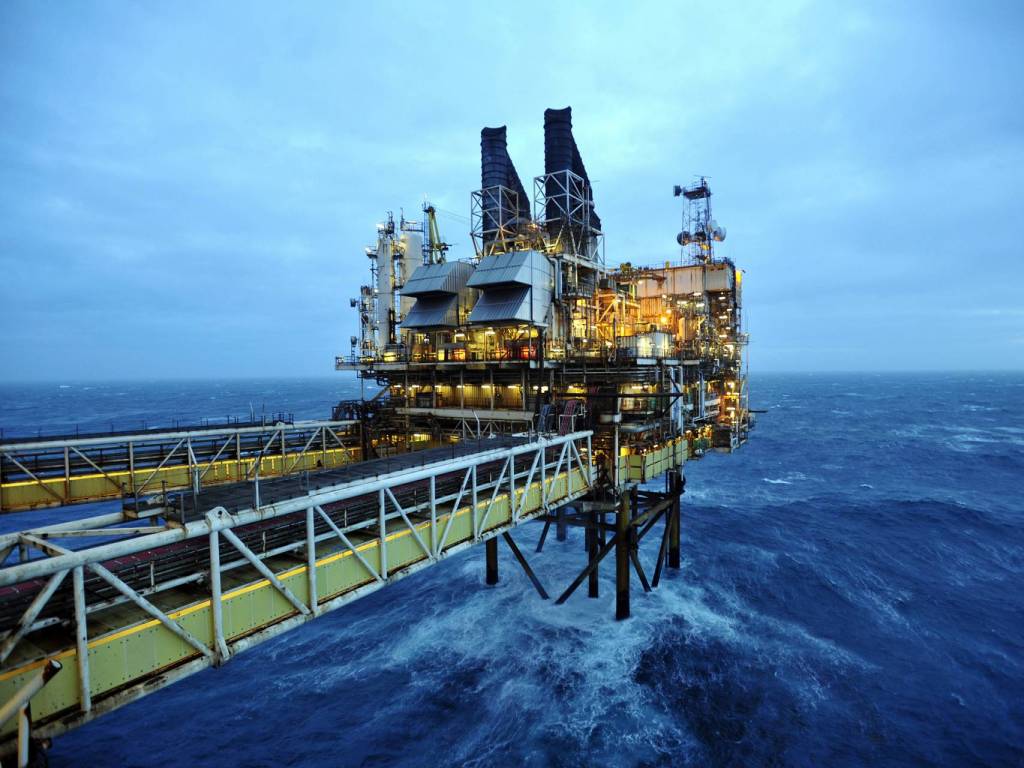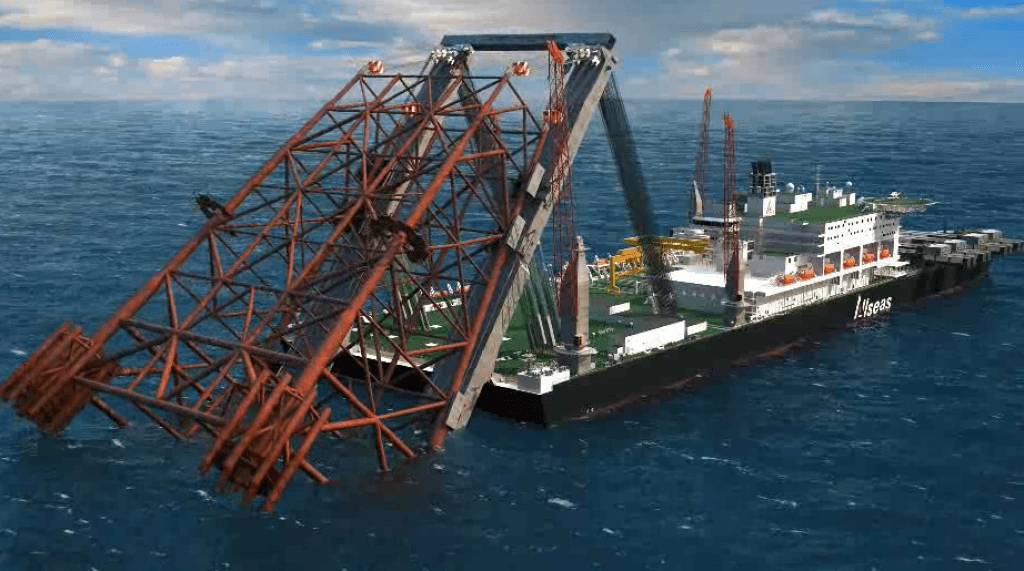We regularly hear about decommissioning, the problems it presents for exploration companies and questions around where liabilities lie.
There is some innovation in the decommissioning industry and within government; Nicola Sturgeon has recently announced a multi-million pound Decommissioning Challenge Fund (DCF) that is set to be used for the North Sea. The rationale behind this initiative is the expected increase in offshore gas and oil decommissioning and maximise economic recovery within the UK and Norway over the next decade.
We have also seen the expenditure relating to decommissioning increasing by over 20% in the last year; now sitting at around £2bn yearly. Nicola Sturgeon is aiming to be at the forefront of the sector as due to the natural lifecycle of gas and oil projects; it is thought that the decommissioning business will grow and Scotland is attempting to capitalize off this.
Why is the state of decommissioning a problem?
With commodity prices dropping it has meant that companies are not ceasing production of fields as quickly; with focuses turning to improving efficiency. Many facilities have also faced funding issues and are slowing down projects.
Is the rate still the same?
It is widely seen that the cost associated with decommissioning has been slightly lower; especially for projects focused on making fields safe and well plugging. The reasons for this is partly market-driven as the costs in the downturn have lowered and there has been slight ‘innovation’ of techniques.
There are a number of bodies working together to create these new structures; such as Oil & Gas UK, Department for Business Energy and Industrial Strategy, the MER UK Decommissioning Board and the Oil and Gas Authority (OGA).
Has there been any government assistance in relation to decommissioning?

The Decommissioning Challenge Fund (DCF) has been set up; as mentioned above. There are also discussions around incentives and the possibility of working with the Inland Revenue to transfer tax relief on decommissioning costs and with the sale of assets. A memorandum of understanding has also been entered into between Decom North Sea and the Oil and Gas Innovation Centre. The aim is to assist operators and contractors to create these safe and cost-effective offshore decommissioning solutions.
What is the financial position?
UK North Sea is expected to see the UK’s fourth consecutive year of free cash-flow deficit, showing an increasing lack of finance in the area. Due to low commodity prices, it is expected that larger companies will purchase assets at low valuations. However, in reality this has been slow. Those completed transactions have been innovative in terms of structuring. However, an increase in deal flow is required so that those with the requisite strength of balance sheet can utilize the almost 20 billion barrels of reserves that are expected to be in the North Sea basin.
Data shows that costs have slightly reduced, signaled by the lowering of the average operating costs per barrel. Operating models are also being re-assessed due to the increase in operator collaboration.
Has there been innovation in decommissioning techniques?
It is a very insular field, with service companies which are called upon for decommissioning installations, being the same as those employed in the installation of new facilities. Therefore the idea of innovation and cost efficiencies is a low priority as there is little financial incentive for the implementation of new techniques and the reduction of decommissioning costs. Also, pioneers in cost reduction usually feel that they take on the expense burden while followers benefit from the cost saving advantages.
We feel that more in the way of guidelines or centralized systems relating to sharing of decommissioning knowledge is required.
Those who are usually most successful in the field look at the life cycle of the underlying assets and plan to finance in the most efficient way throughout this process. However, we see a constant struggle between operators who want to reduce costs and contractors who aim to maximise profits.























